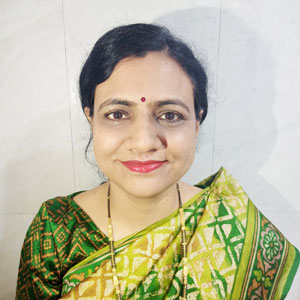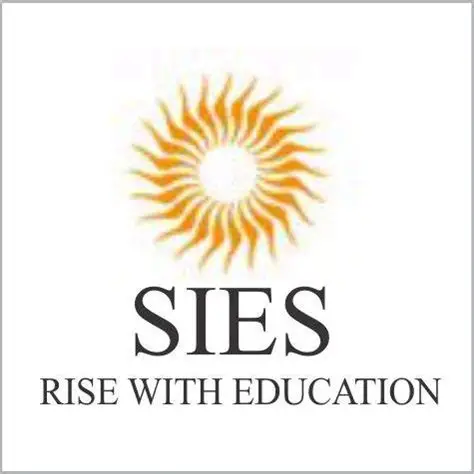Total Intake 60
Industry 4.0 technologies such as Artificial Intelligence, Genome Editing, Augmented Reality, Robotics, Internet Of Things, and 3-D printing are brought in major technological disruption and rapidly changing the way humans create, exchange, and distribute resources. The implementation of smart technologies at workplaces and close interaction between man and machine has led to a complete change in the way we work and has impacted all disciplines, industries, and economies. It has also created a job market for people with the necessary skill sets.
The syllabus for the course Electronics and Computer Science has been framed to include courses that build a conceptual understanding of the basics of Electronics as well as Computer Science taking care of industry requirements as well as technological trends. Advanced courses have also been added to cover niche areas like Artificial intelligence and Machine Learning, Data Sciences, Mobile communication, VLSI, IoT, etc. A practical-oriented approach is being followed to make students proficient in the competitive industry environment as well as prepare them for higher education.

Welcome to the Department of Electronics and Computer Science at SIES Graduate School of Technology! In today's rapidly evolving technological landscape, the convergence of electronics and computer science is at the forefront of innovation, shaping the future of artificial intelligence, robotics, embedded systems, and beyond. Our department is dedicated to providing a comprehensive, forward-thinking education that equips students with both a strong theoretical foundation and practical, hands-on experience. We boast state-of-the-art laboratories, specialized resources, and a curriculum designed to foster industry-ready engineers and technologists. Our robust programs emphasize industry collaborations through internships, projects, and research initiatives, ensuring our graduates are well-prepared to meet modern workplace demands. Our passionate faculty members, recognized as experts in their fields, are committed to nurturing a stimulating learning environment, guiding students toward academic excellence and professional growth. We actively encourage participation in technical events, hackathons, and extracurricular activities to broaden horizons and develop well-rounded skills. Beyond technical proficiency, we emphasize the importance of ethical responsibility and societal contribution, shaping responsible citizens who can innovate and inspire. Whether you’re a prospective student, parent, industry partner, or faculty member, we invite you to explore the opportunities within our department. Join us as we shape the future of electronics and computer science through collaboration, innovation, and excellence.
With warm regards,To excel in the field of Electronics and computer science engineering for serving needs of the society.
| Name | Employee/Unique ID | Date of Joining | Designation | Qualification | Status of Appointment |
| Dr.Shubhangi P Kharche | 40062 | 16.06.2005 | Professor & Head of Department | B.E(EXTC), M.E(Electronics), Ph.D(Electronics) | Full Time |
| Ms.Hema Gavali | 40340 | 10.07.2012 | Assistant Professor | B.E, M.E (Electronics), Ph.D* | Full Time |
| Ms.Nita Patil | 40374 | 19.07.2013 | Assistant Professor | B.E (IND. Electronics), M.E (Electronics) | Full Time |
| Ms.Madhuri Kulkarni | 40442 | 03.07.2017 | Assistant Professor | B.E (EXTC), M.E (Electronics) | Full Time |
| Ms.Sheetal D Kadam | 40594 | 18.06.2024 | Assistant Professor | B.E (EXTC), M.E (EXTC), Ph.D pursuing | Full Time |
| Ms.Supriya Bobade | 40608 | 02-09-2024 | Assistant Professor | B.E (Electronics), M.E (Electronics) | Full Time |
| Ms.Rupali Chandrakant More | 40635 | 17-02-2025 | Assistant Professor | B.E (CE), M.E (CSE) | Full Time |
| Ms.Jeenal Rambhia | 40643 | 10-06-2025 | Assistant Professor | B.E (EXTC), M.Tech (EXTC), Ph.D (EXTC) pursuing | Full Time |
| Name | Designation |
| Mrs.Priyanka Kirdak | Lab Assistant |
| Mr.Vijay Chikane | Lab attendant |
 Ask your queries
Ask your queries
 GST Chatbot
GST Chatbot